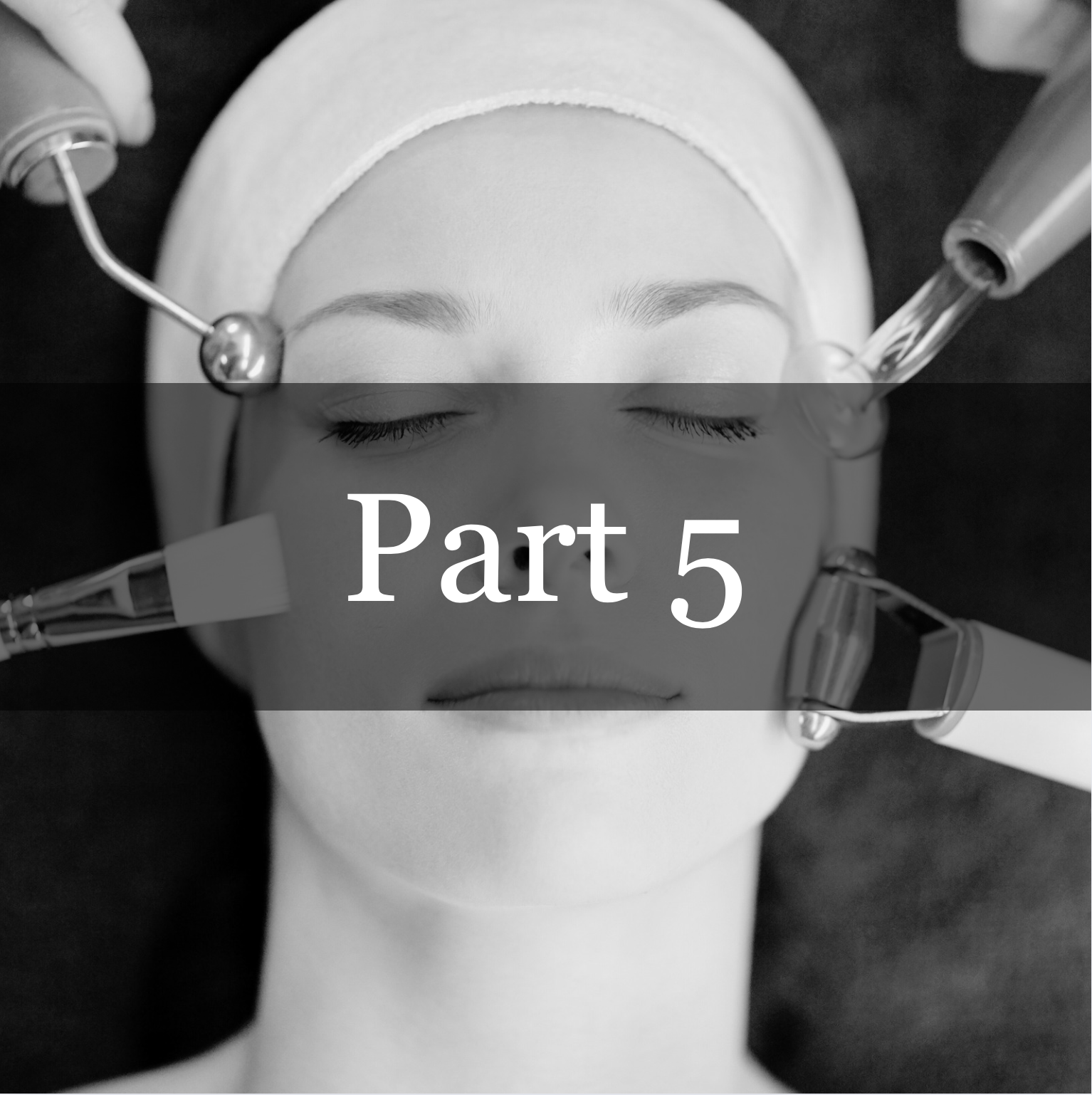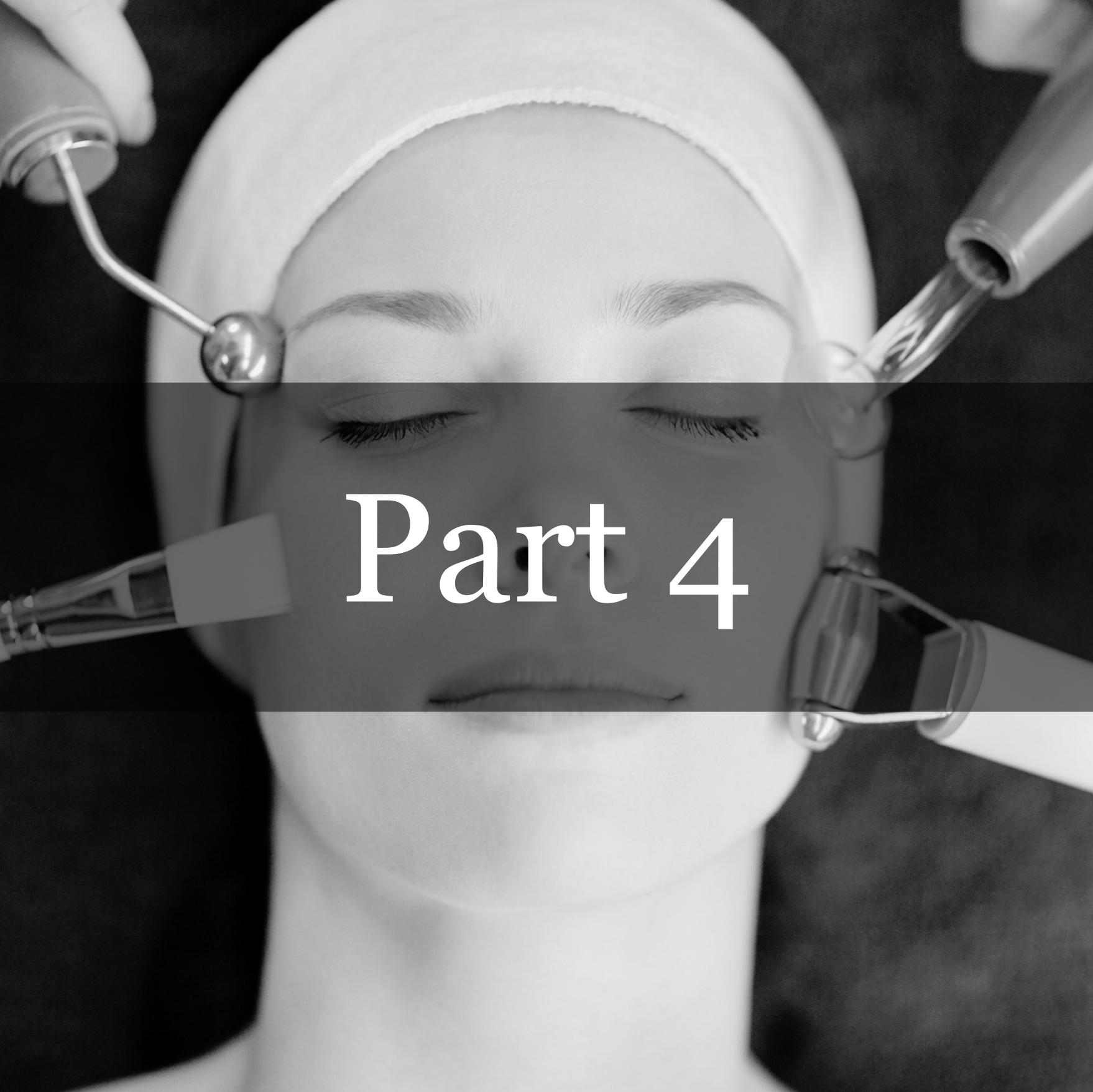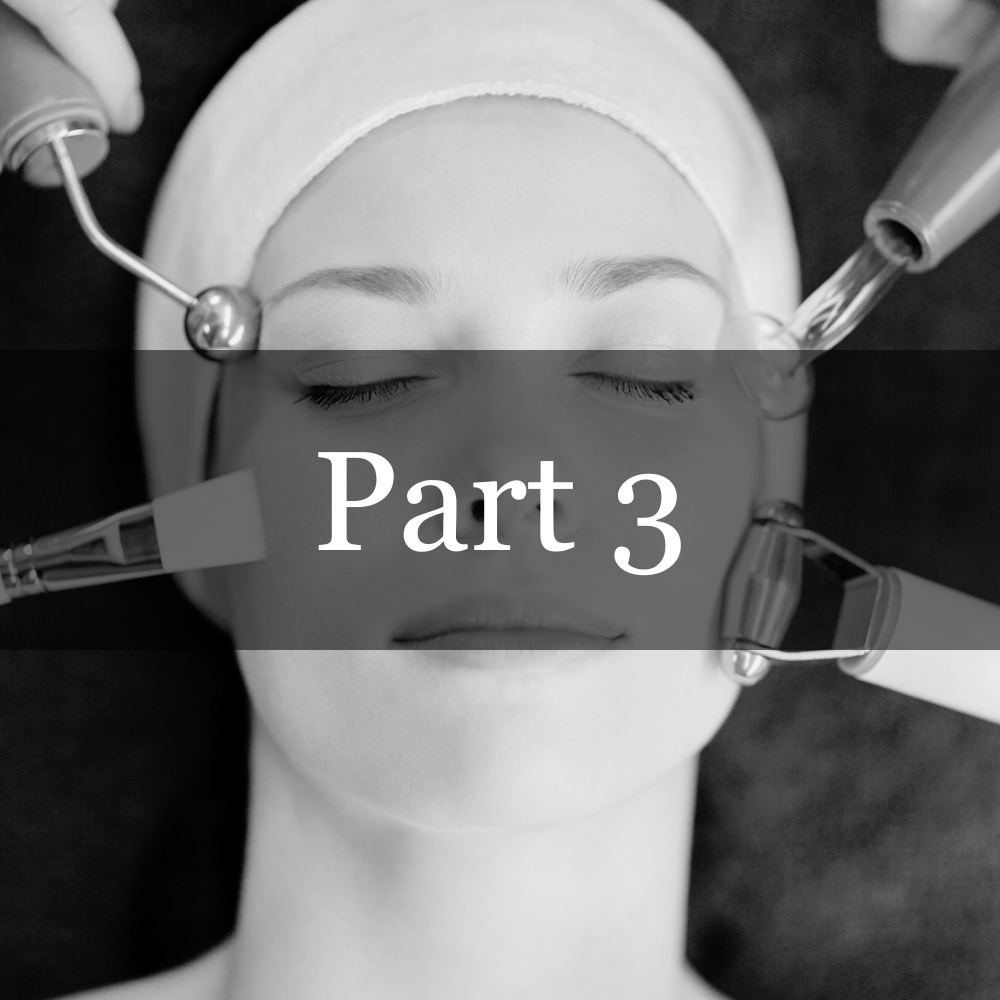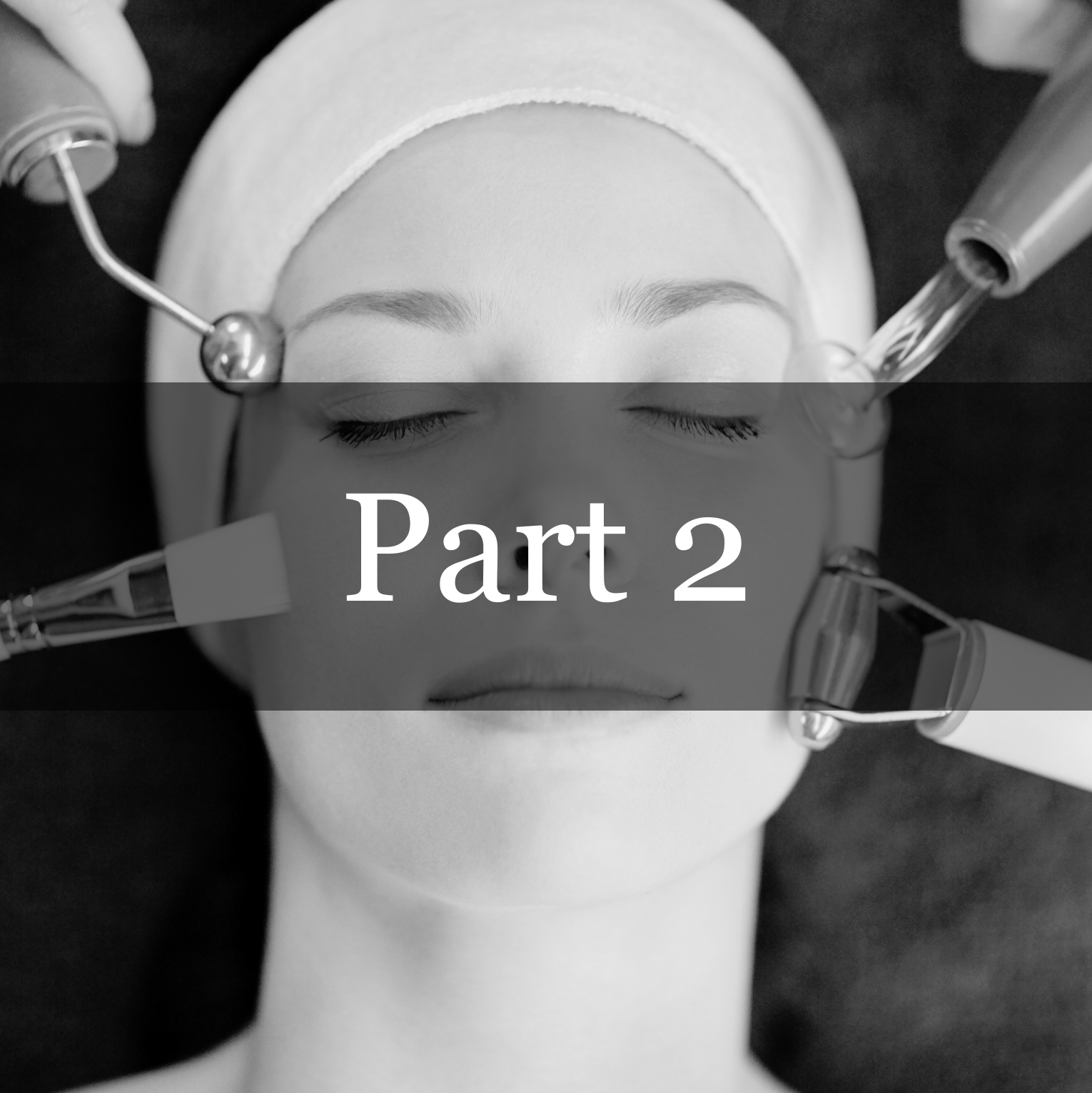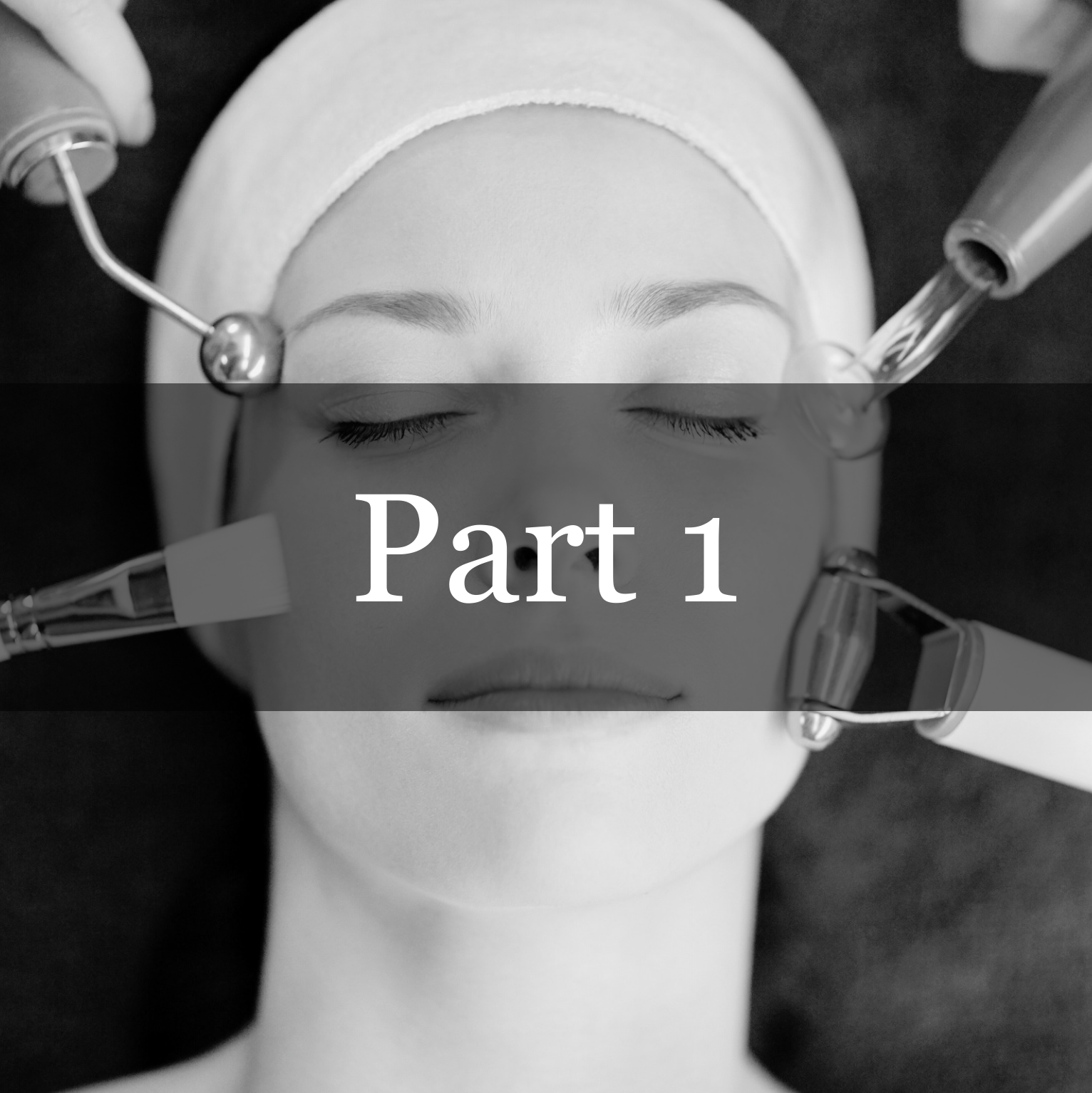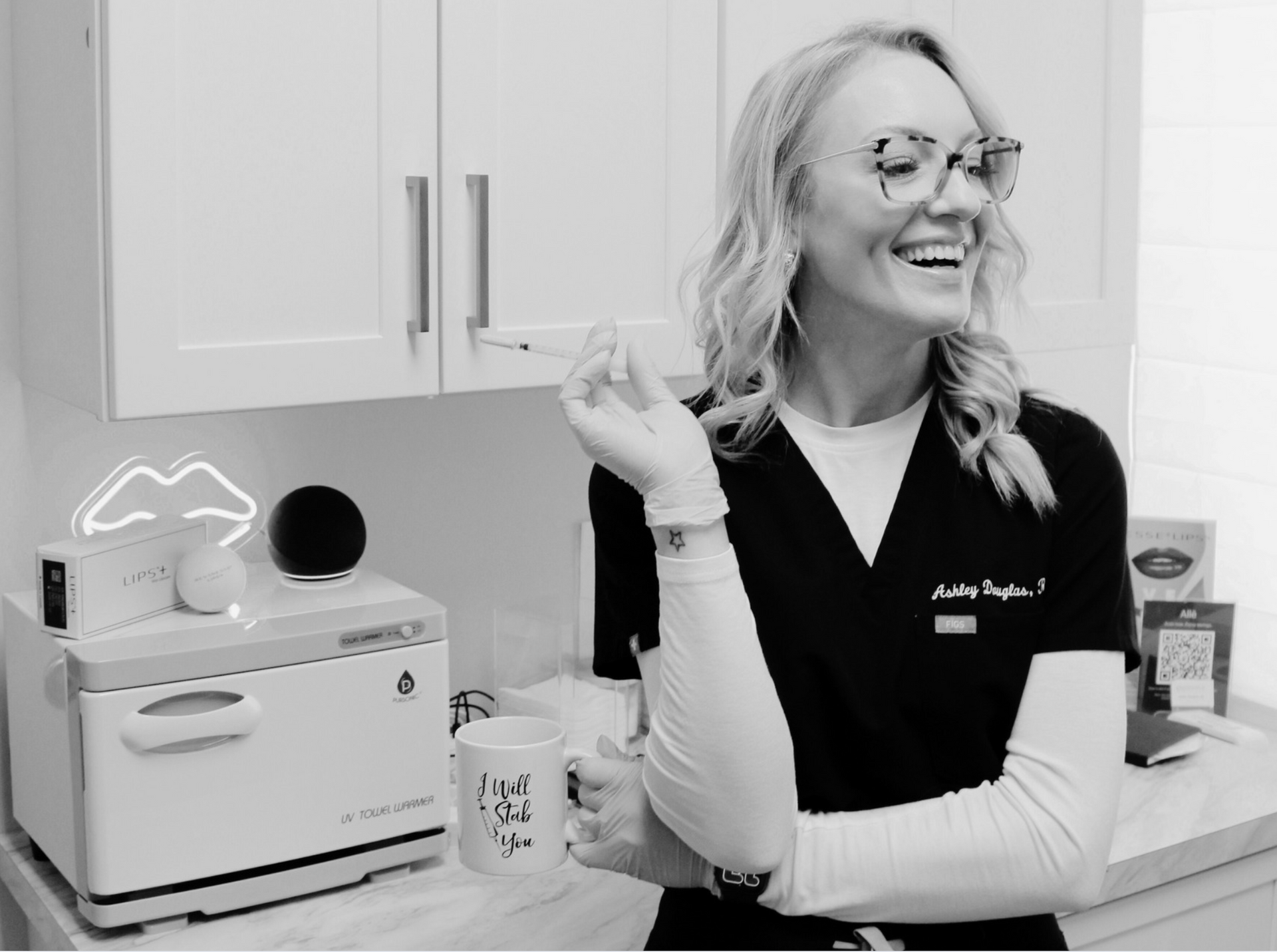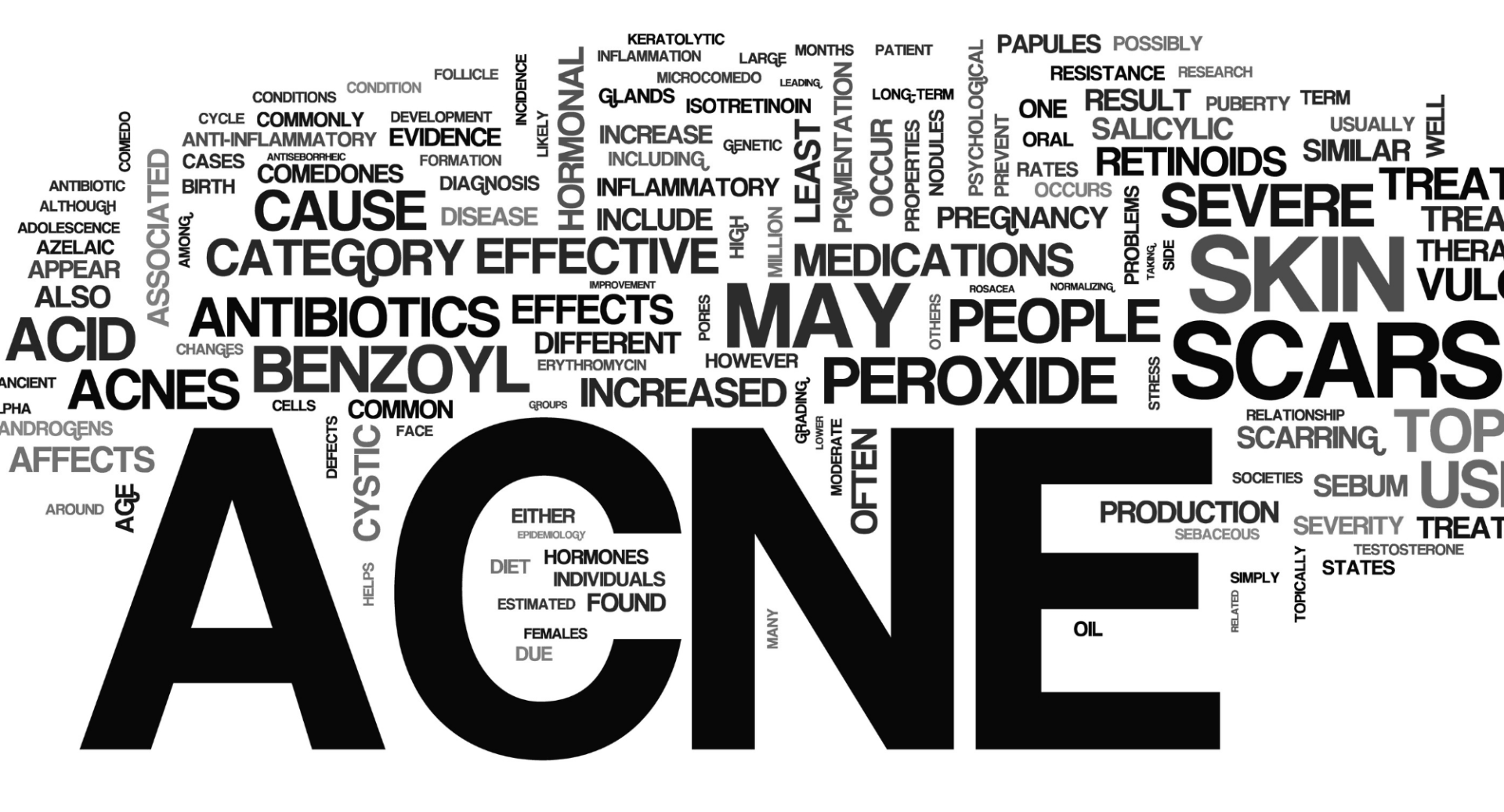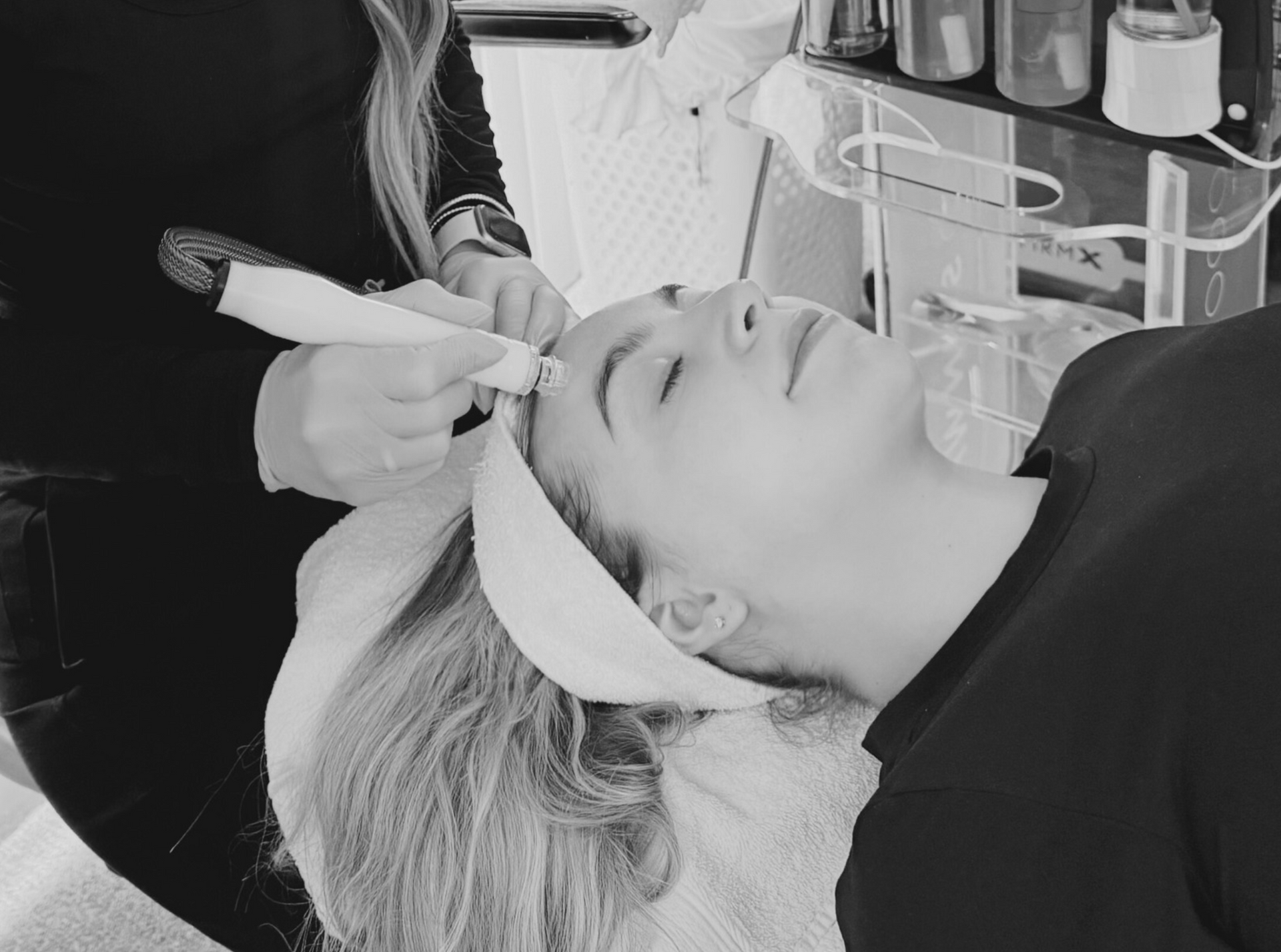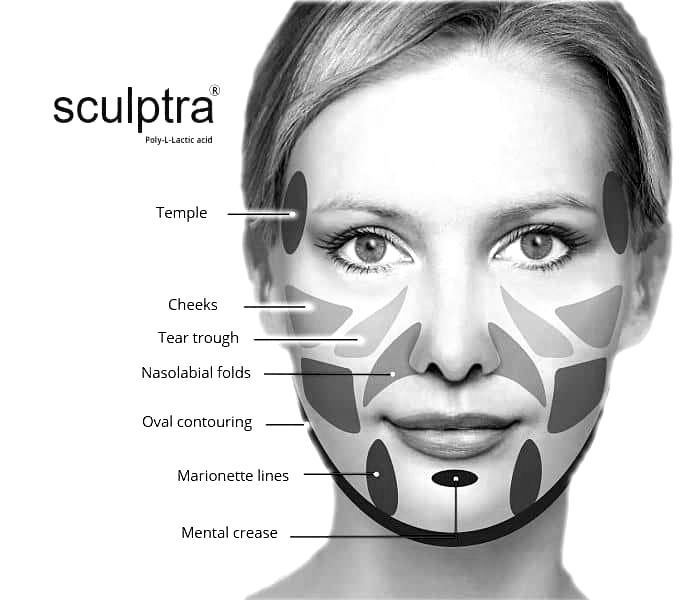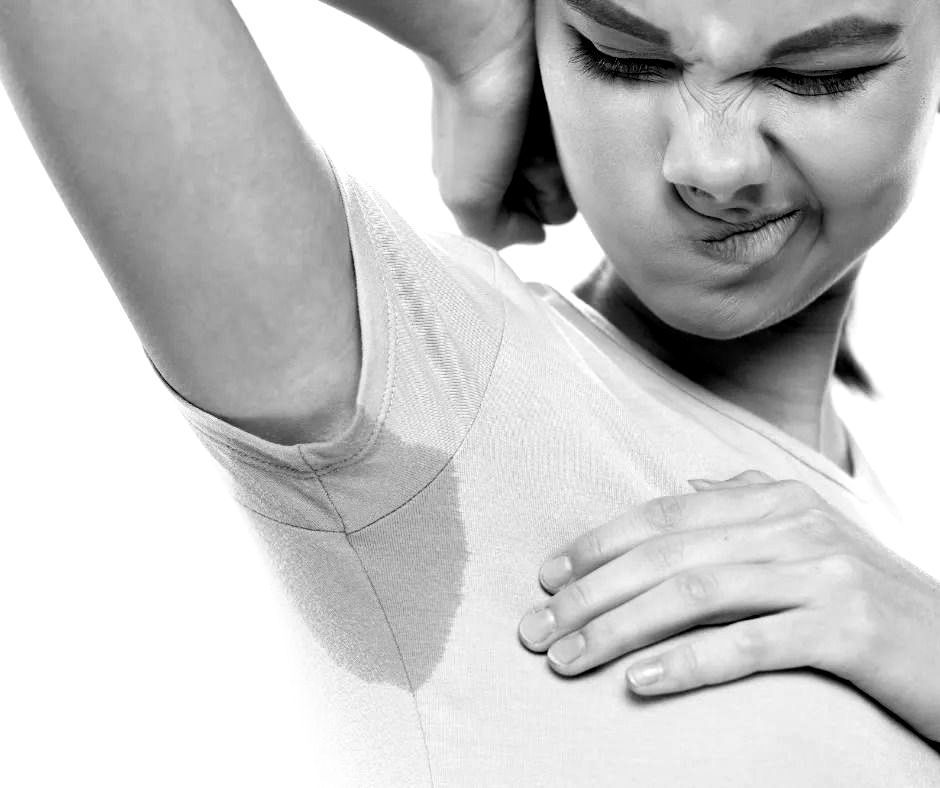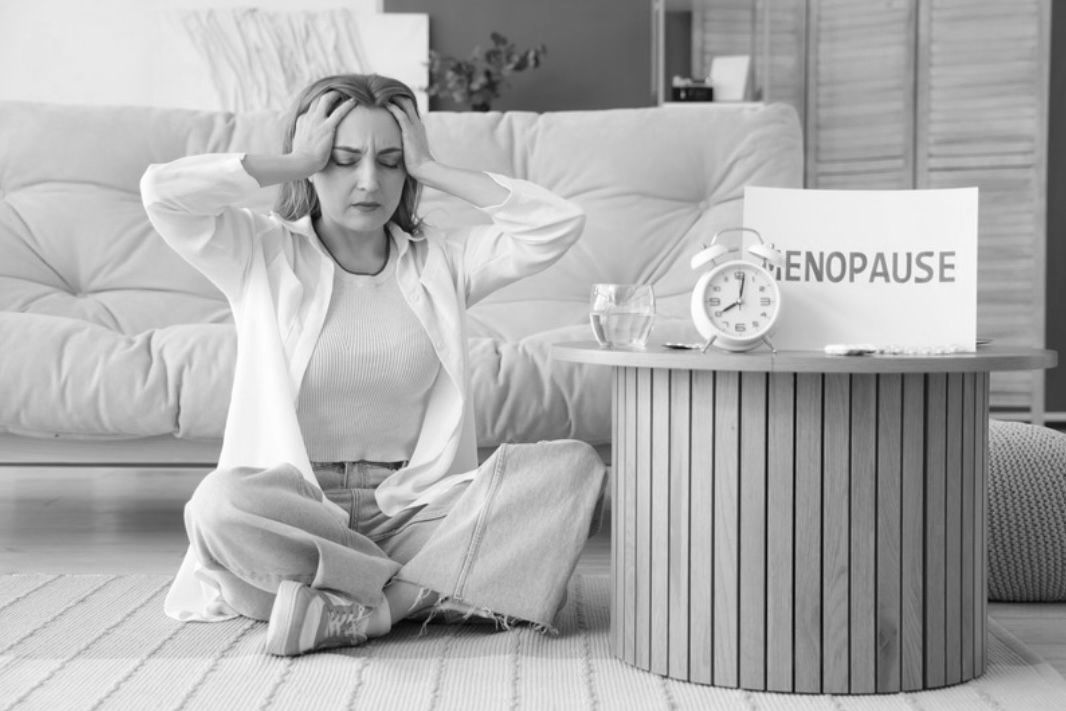Acne At Any Age
Acne At Any Age
Acne causes, types and treatment options
Acne is unfortunately a very common skin condition. Pores of the skin become blocked with hair, sebum (oil), bacteria and dead skin cells. The pores become blockages producing blackheads, whiteheads, nodules and cysts. It is estimated that 80% of people ages 11-30 will have at least a mild form of acne at some point in their lives. It is NOT only a teenage problem. Some develop acne for the first time in their 30’s!
3 Top Causes of Acne
- Hormones: fluctuating hormones, specifically androgen hormones are the MAIN cause of acne. These hormones become active during teenage to young adult years of life. Acne occurs when the skin’s pores clog up with dead skin cells, excess oil, and bacteria. Androgen hormones often cause oil glands to produce excess oil causing increases in acne.
- Stress: stress increases the hormone cortisol which causes flare ups in acne.
- Diet: several studies suggest that following a healthy diet can help prevent and treat acne. Foods rich in complex carbohydrates, zinc, vitamins A and E, and omega-3 fatty acids are linked to lower levels of acne. We recommend seeing a nutritionist or medical provider for this information. Learn more about the 6 key factors that affect the gut microbiome and influence skin health through an integrative/functional lens here.
6 Main Types of Acne:
- Whiteheads: white bumps, clogged pores- do not pop or you may scar.
- Blackheads: black, open pore at surface and clogged below surface.
- Papules: small, red bumps with bacteria that escapes and forms an inflamed lesion. No pus, don’t pop as bacteria can spread
- Pustules: small, bulging bumps with white center and red inflamed skin around. Contain yellow fluid, pus. Only allow a professional to drain safely.
- Nodules: flesh or red colored bumps that are deep under skin caused by C.acnes bacteria. A painful infection deep in the pore. Needs professional attention.
- Cysts: large, red, inflamed PAINFUL and pus-filled deep within skin. Needs professional attention.
Why we treat acne: The simple answer is to clear acne, prevent scarring and increase self-esteem.
We all need to feel good in our skin! Acne can be scarring emotionally as well as physically. We must treat it.
Treatment options
The most important fact, be patient and give the treatment time to work. It can take two to three months to see improvement. Over the counter products do NOT help moderate to severe acne. Skincare is essential! Trying to decide which product to buy at the local store can be beyond overwhelming and costly. Skincare professionals and dermatologists can help determine the proper regimen to treat and prevent acne flare ups and scarring.
For mild to moderate acne, topical treatments (skincare products) may include retinoids which is a form of vitamin A. These may include retinol, tretinoin, adapalene or differin. Salicylic acid, benzoyl peroxide and sulfur are excellent options and commonly used for these types of acne. Often for more moderate acne, a dermatologist may recommend a prescription-strength benzoyl peroxide, salicylic acid, antibiotics, retinoids or birth control pills for women.
In-office treatment options for mild to moderate acne: Acne facials, microdermabrasion, some chemical peels and laser treatments are recommended at 2-4 week intervals. The monthly evaluation can provide education on care of skin, recommendations for skincare products or determination of need to see a dermatologist.
Severe acne options using a conventional medicine approach: Dermatologists are best to treat severe acne. Severe acne extends deep into the skin and includes cysts and nodules as mentioned above. Dermatologists often start with prescription topicals and oral antibiotics to reduce bacteria, clogged pores, reduce redness and swelling. Isotretinoin, accutane is an option for some after all other treatments fail. Females often see improvement on a birth control pill. A medication, spironolactone is often very effective and commonly prescribed. Multiple medications may be required in order to stop cystic acne.
Once acne is controlled, it is necessary to continue caring for your skin. Routine skincare at home and consistent in-office treatments help in the continuing success of the fight against breakouts and acne flare-ups. Radiance Advanced Skincare & Laser offers multiple medical grade skincare product lines. Learn more
here.
Today, basically all cases of acne can be treated successfully! Skincare professionals and dermatologists can help with any questions or concerns about your skin. Your skin and your self-confidence are of the utmost importance to us and we know it is essential for you!
If you are interested in getting your skincare routine back on track with targeted services, at home products and consultative advice from industry experts, book a
free consultation at
Radiance Advanced Skincare & Laser today!
"Be good to your skin, you'll wear it every day for the rest of your life".
References:
American Academy of Dermatology Assoc.
Mycleavelandclinic.org
Goodrx.org
Naturally Restored Volume & Refreshed Skin
